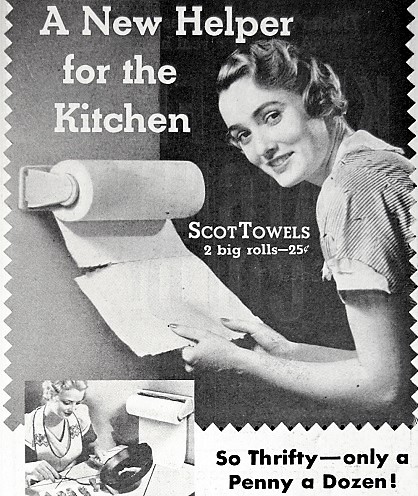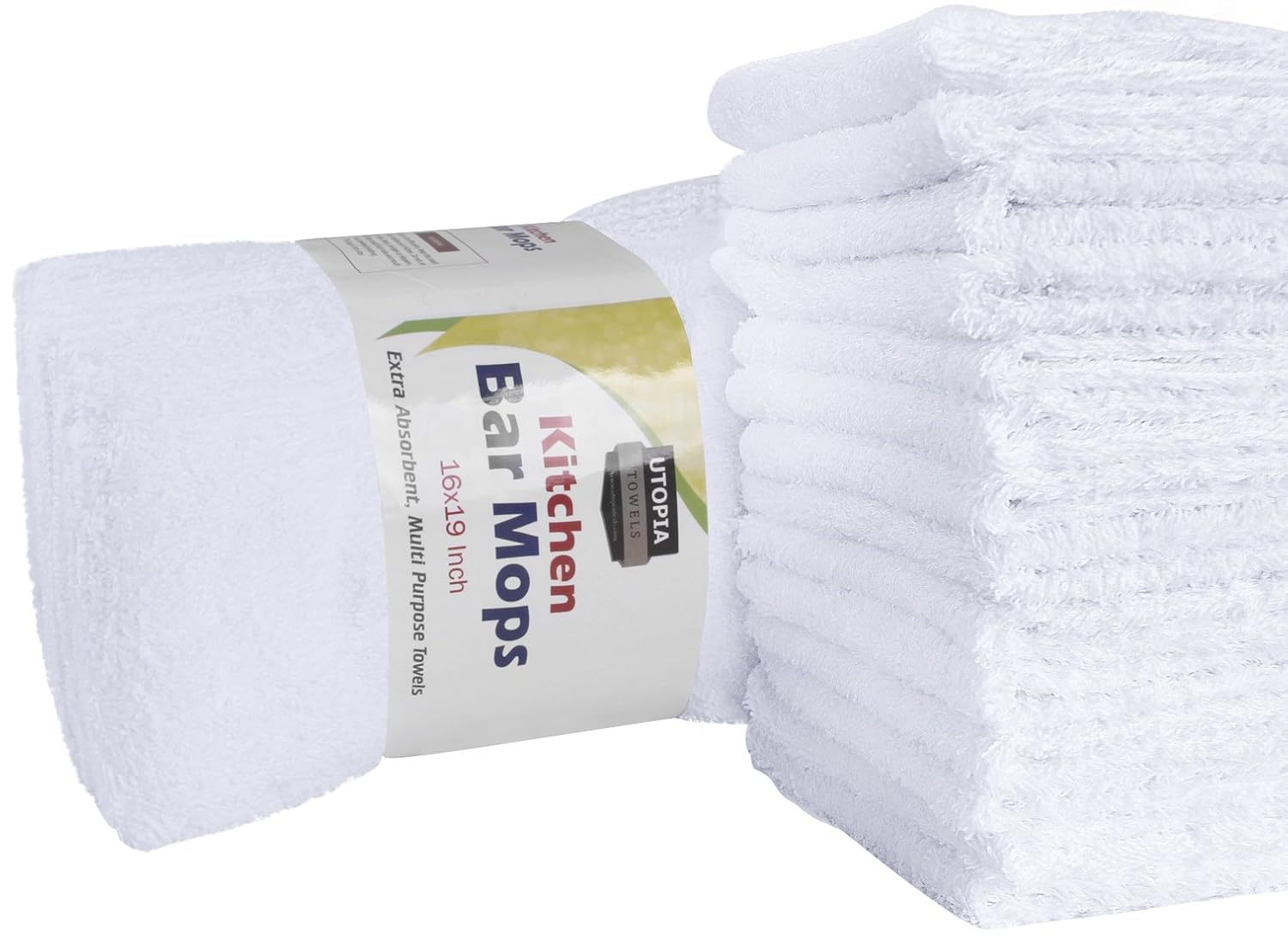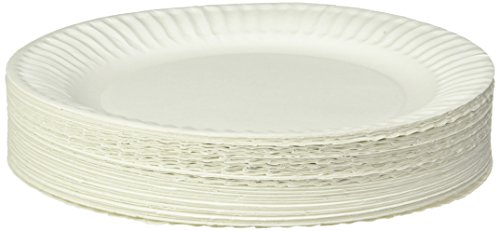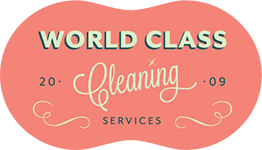Living Green Values Ep. 6 – Paper products are confusing your brain
Paper products are confusing your brain
One of the very first changes I made to my lifestyle in an attempt to create less waste also made me remember (or possibly even fully realize for the first time) that things like paper towels, paper napkins, and paper plates were developed for convenience at the expense of quality.
Putting greenness aside for a second—I’d like to follow this thought through. Convenience over quality in the case of single-use paper products means “we all accept that this item doesn’t work as well as the original, but when you’re finished you can just throw it out, which is pretty rad.” No laundering, no folding, just use and go on with your business.
When the paper towel was invented in the late 19th century, it was originally meant to stop the spread of germs in public bathrooms. Listen, I’m all for that. Public bathrooms should definitely be as not-gross as possible. But their convenience led them to eventually replace cloth in kitchens and homes.

And companies like Scott were like, “Well dang, now we have this thing that people enjoy throwing away, which means they need to buy more of them pretty quickly! We are brilliant!” So not only did humans get used to convenience over quality, they got more used to paying more for it too.
What a weird thing brains are! Over the generations, paper towels (and then paper napkins and even paper plates, which blows my mind) became not just ubiquitous but basically required in every household.
Back to being green, paper towels may not have as much of an environmental impact as, say, plastic stuff, but, like everything else, they’re manufactured, which means deforestation, and lots of energy, water, and fuel used in mills and transport for something we just…toss (along with the money we use to buy them). Sure, they might be biodegradable and even work pretty well in compost piles, but the chemicals used to make them aren’t exactly planet-friendly.
So, what to do?
I use “bar mops,” which are less mops and more “large-ish squares of terrycloth fabric of the kind that a barkeep might sling over his shoulder while you’re telling him a story that’s making his eyes glaze over.”

I might have these, but I honestly can’t remember. I got them close to a decade ago in a huge pack, and have not had to buy them since. Sometimes, one of my cloths will get so nasty that I have to throw it out—or is used for cleaning up something particularly gross, which is often my dog’s fault. But for the most part, I have about 8-10 cloths in rotation at a time, with a big stack of pristine cotton cloths waiting for me under my sink that I’ve never even used.
The cloths get thrown into the washer (after letting them dry if they’re really wet so as to prevent mildew), and then when I do laundry, there they are. They get dried, folded and stuck back into a small cabinet for ease of use.
But what about paper towels as napkins?
Friends, cloth napkins do the basic napkin job (keeping food from getting all over you) in a superior fashion. They also work better for wiping hands and mouths and spills, and you just toss them in the laundry—daily if you want, or MAYBE every other week if you’re me.
Because I read too much Jane Austen, I have a set of napkins that are more formal, which we use at dinner, particularly if people are over. And I have another set of kind of mismatched ones that I use for eating pizza in front of the TV.
Mostly, though, cloth napkins seems entirely normal to me. The weight and feel of a paper towel or paper napkin on my lap is frankly unsatisfying, and won’t hold up to the spills I will inevitably produce, because I am basically a grownup child.
But what about paper plates?
Surely I do not have to make the case that a real plate is better at holding food than a paper plate. Jane Austen would cry at the very idea of a paper plate, and I’m guessing you already have these in your kitchen anyway.

It’s almost as if quality costs less money sometimes.
You’re correct! I don’t find my laundry-doing significantly impacted, and I just never even visit that aisle anymore in the grocery store. Except for toilet paper, which we’ll get to in this series one of these days.
I want you to try going without paper towels, napkins, and plates for a month, and I bet you won’t miss them. Then, I want you to look around and think about what other things we have that we just accept are the Way Things Have Always Been And Must Continue Forever because generations of marketing has led us to believe this. Which other things are you paying money to throw away?
